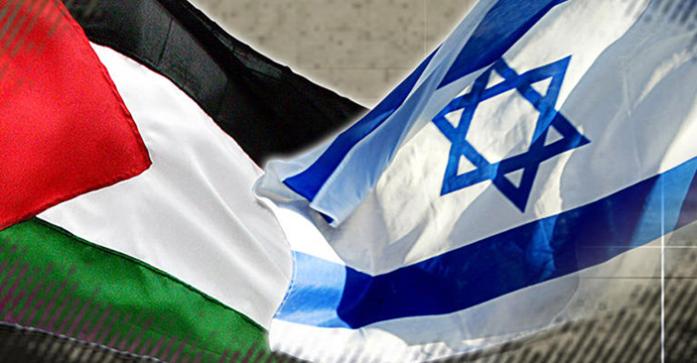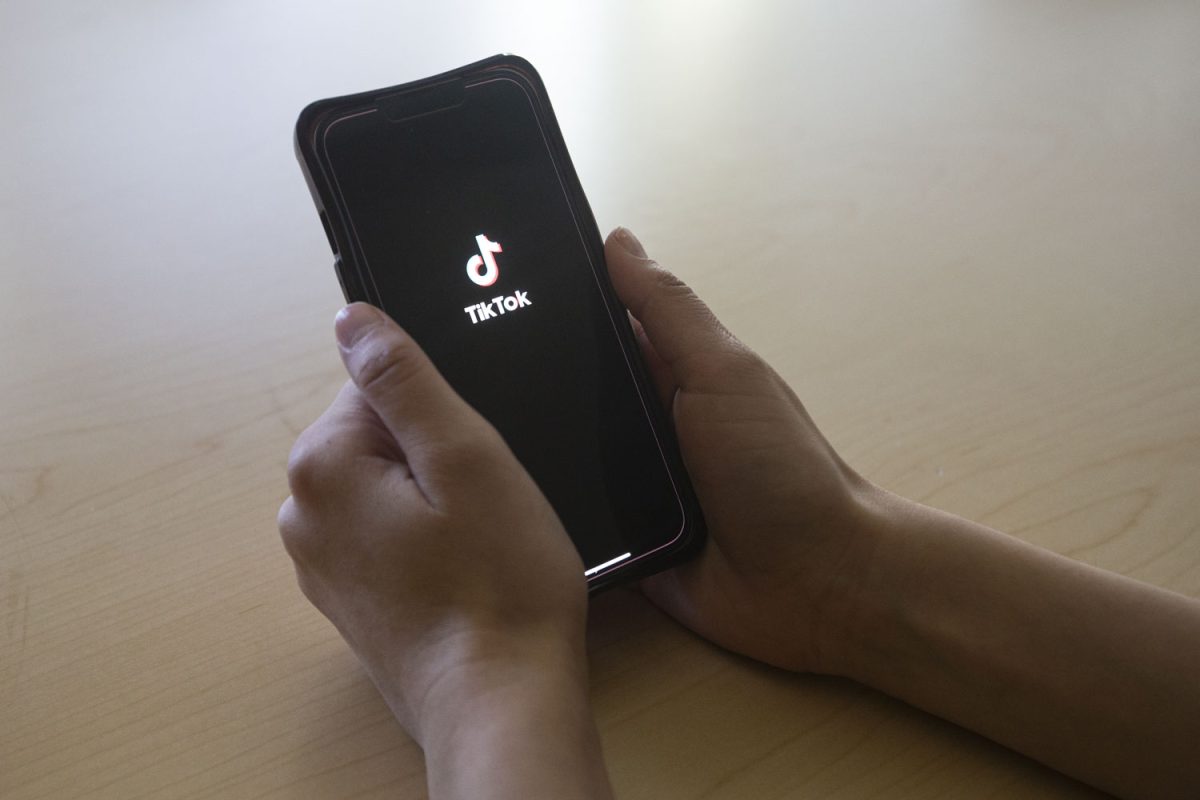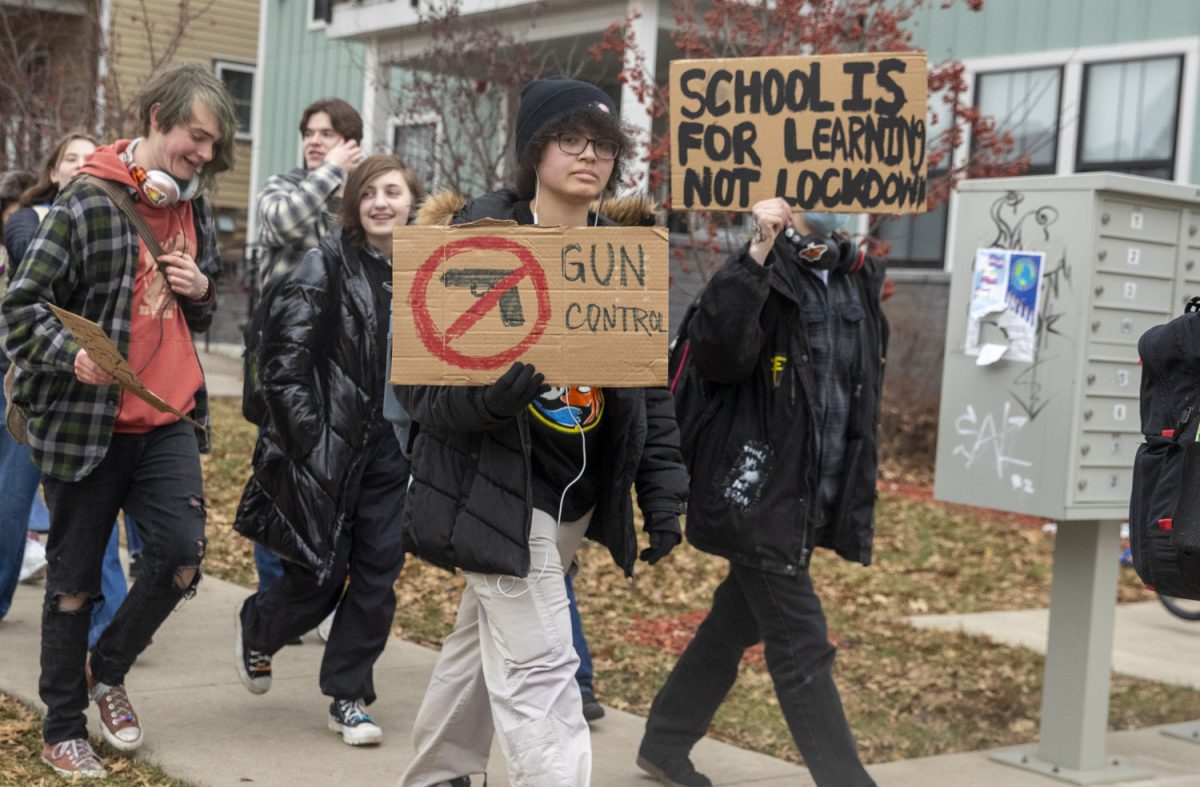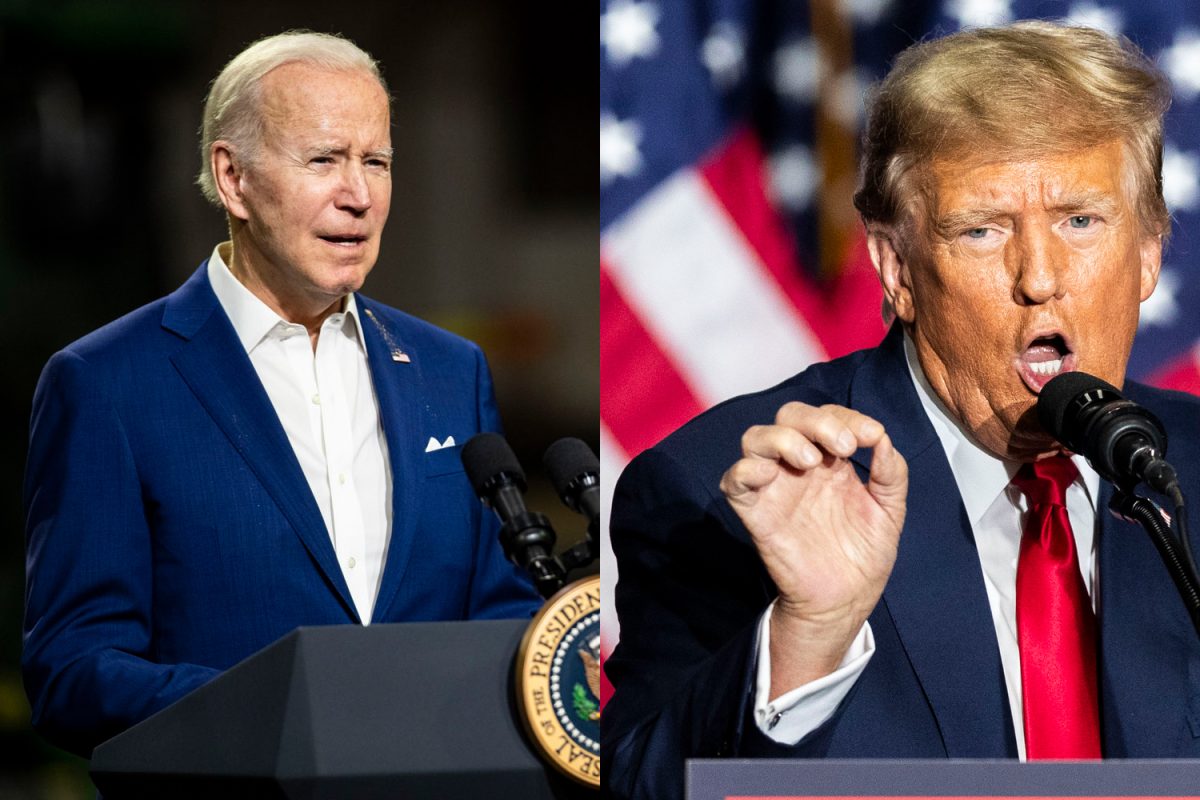Last week, the rumblings of a two-state solution in the Middle East devolved to utter chaos. Israelis and Palestinians, ever at odds with one another, have become more antagonistic than usual in the past few weeks as a Palestinian flag was raised at the U.N. headquarters and other U.N. offices.
As Palestinian National Authority President Mahmoud Abbas rejected the Oslo Accords late last week, according to several sources, hopes of a peaceful two-state solution in the near future all but disappeared. It appears, however, that rather than continue conversation, Abbas and others have determined that “Palestine” is now a state — despite the absurdity of such an assertion. Abandoning the Oslo Accords, especially in the face of current escalated tensions, is in reality Abbas’ way of abandoning a two-state solution.
A number of tragic things have occurred in the past month surrounding the conflict. Finding an unbiased report of the violent events that have unfolded around Jerusalem has proven all but impossible. However, the Jerusalem Post included in an article published Tuesday a list of some events perpetrated by “Palestinian terrorists” in the past few weeks.
On Oct. 1, terrorists shot and killed an Israeli couple in front of their four children. On Oct. 3, a terrorist slayed two Jewish men and wounded a mother and son before being shot dead by Israeli police. On Sunday night, in Tulkarm, a city in the West Bank, a violent clash occurred resulting in the shooting and killing of a Palestinian rioter.
These instances, however, were not included in U.N. Secretary General Ban Ki-Moon’s remarks about the escalated tensions. In a statement released on Tuesday, Ban condemned the escalation in East Jerusalem and the rest of the West Bank but made little mention of the Israelis that have been killed.
Of course, Israel’s choice to demolish the former homes of two individuals responsible for terror attacks in the past year — Ghassan Abu Jamal and Muhammad Jaabis — is being met with this condemnation, according to Al Jazeera. While the legitimacy of Israeli Prime Minister Benjamin Netanyahu’s decision to pursue these actions remains under fire by many global diplomats, Netanyahu has argued that this is an example of the “harsh action” he claims he will be taking as a result of growing unrest, according to The Guardian.
In interviews with Palestinian teens found throwing rocks at Israeli soldiers, The Guardian reports one masked 18-year-old as saying he hopes for “a third intifada,” an Arabic word typically translated to English as “uprising.”
While the potentially naïve wishes of a teenager don’t necessarily hold much weight, the ideals held from a young age of Palestinians are no doubt concerning. After all, these troublesome viewpoints reach all the way to Abbas.
Since the difficult times that unfolded during the summer of 2014, Israel has not received the support it yearned for, particularly from the United Nations, which has largely condemned Israel’s actions over the past 15 months. In 2014, more than 2,300 Palestinians were killed and 17,000 were injured, the largest death toll since Israel began occupying the West Bank and the Gaza Strip in 1967.
While Israel is by no means perfect — even its own citizens are doubting Netanyahu — the factual existence of its statehood give it an important place in the United Nations — or at least it should.
Through raising a flag at the United Nations or other symbolic gestures, the Palestinian National Authority may think that it has accomplished a step towards statehood — but the reality is, that just isn’t how it works. In order to end the violence on both sides, we’ll need more substantive measures.









